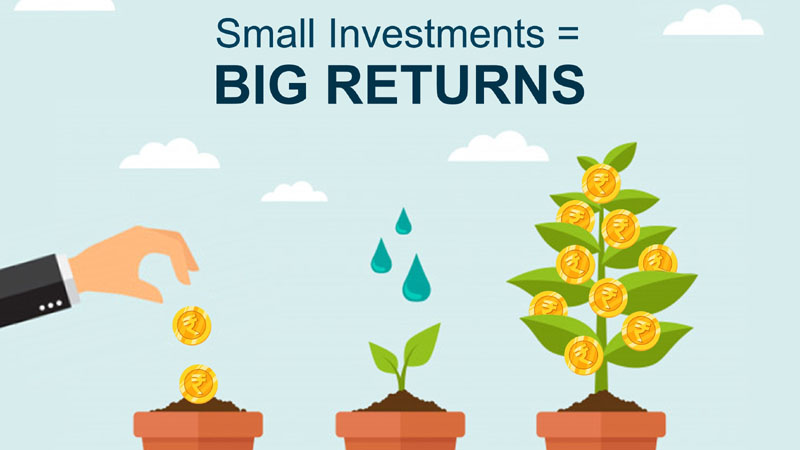In the vast digital landscape of online gaming, economic forces are at play, shaping a world where virtual currencies and in-game purchases reign supreme. From the freemium model to microtransactions, the economics of banger casino online gaming have become a fascinating realm, impacting both players and the global economy alike.
Freemium Frenzy: The Gateway to Gaming
Let’s start with the freemium model, a term derived from “free” and “premium.” In the world of online gaming, freemium is the magic word that opens the door to a gaming wonderland without requiring a penny upfront. Many games adopt this model, allowing players to download and play for free while offering premium features and goodies for those willing to loosen their purse strings.
Think of freemium as a tantalizing invitation. Players can dive into the gaming universe without any initial investment, but as they progress, the allure of enhanced experiences and exclusive items may encourage them to opt for premium upgrades. It’s a win-win scenario where developers attract a broader audience, and players have the freedom to choose their level of engagement.
Microtransactions: Small Investments, Big Returns

Now, let’s talk about microtransactions, the tiny transactions that make a big impact on the gaming economy. In the realm of online gaming, players often encounter opportunities to purchase virtual items, skins, or in-game currency using real-world money. These microtransactions may seem inconspicuous, but their cumulative effect is colossal.
Consider this: a player spending a couple of dollars for a cosmetic upgrade may seem trivial, but when millions of players around the globe make similar purchases, the revenue generated becomes a significant force. Developers leverage microtransactions to keep the virtual economy thriving and fund ongoing game development and maintenance.
The Global Impact: Pixels in the Economic Puzzle
Beyond the gaming realm, the impact of online gaming resonates in the broader global economy. The gaming industry has evolved into a powerhouse, contributing billions of dollars annually. As players engage in virtual quests and battles, they are also stimulating economic activity.
From job creation in the gaming industry to the emergence of esports as a lucrative market, online gaming has become a substantial economic force. The demand for skilled developers, designers, and professionals in various gaming-related fields has given rise to a thriving job market, further bolstering the industry’s economic influence.
Conclusion
In the intricate tapestry of the global economy, online gaming has woven itself into a position of prominence. The freemium model acts as a gateway, inviting players to explore virtual realms without financial barriers. Microtransactions, though small individually, accumulate to form a financial powerhouse that sustains the gaming ecosystem. Beyond the pixels and polygons, the economic impact of online gaming extends globally, creating jobs, fostering innovation, and contributing substantially to the world’s economic landscape. As we navigate the digital landscapes of our favorite games, let’s not overlook the economic dance happening behind the scenes, where each click and purchase contributes to the vibrant and dynamic world of online gaming economics.


